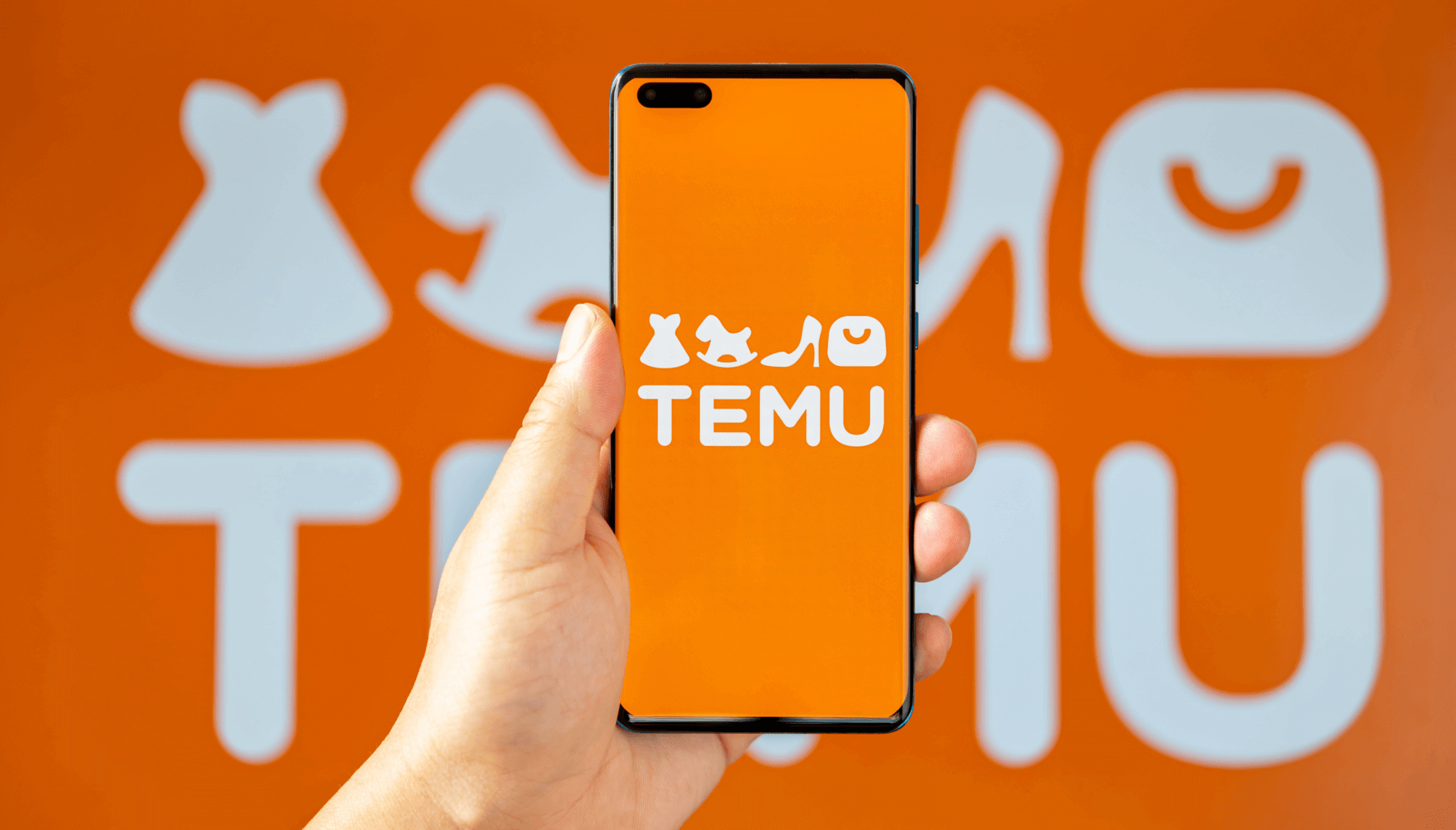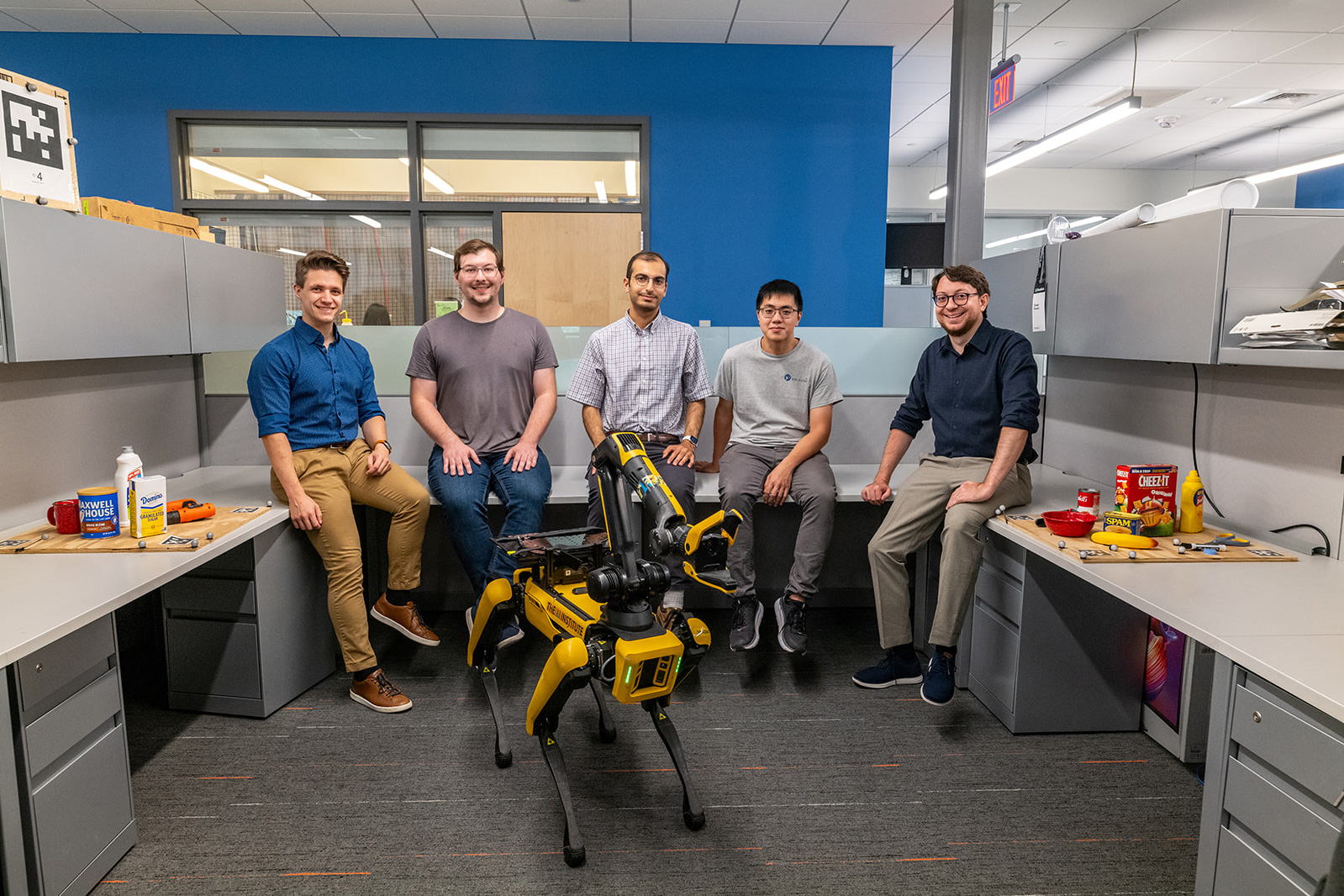Temu
AI powers Temu’s smarter shopping with personalization, optimized search, dynamic pricing, automation, targeted ads, product recognition, review analysis, and fraud prevention.

Today's Highlights
- About Temu
- Learn - a couple of courses to further your knowledge in AI
- AI Jobs - a listing of fresh jobs related to AI
- In Other News - a few interesting developments we're tracking
Temu is an online marketplace that offers a wide variety of products at affordable prices, similar to platforms like Amazon and Wish. It’s part of the multinational conglomerate PDD Holdings, which also operates the popular Chinese e-commerce platform Pinduoduo. Temu has quickly gained traction in the U.S. and other global markets since its launch in 2022, thanks in part to its competitive pricing and vast product range.
Artificial intelligence (AI) has played a significant role in enhancing Temu's operations, customer experience, and market competitiveness.
Personalized Shopping Experience:
- You browse for a phone case but don’t buy.
- Next time you log in, Temu shows phone cases, screen protectors, and wireless chargers.
- AI learns your preferences, improving recommendations over time, similar to Netflix suggesting shows.
Optimized Search Functionality:
- You search for “blue jacket with zipper” without knowing the brand.
- Temu’s AI interprets the query and shows relevant results, like how Google predicts your search, even if it’s not precise.
Dynamic Pricing Models:
- You notice a price drop on shoes you were watching.
- AI adjusts pricing based on demand and competitor data, similar to how airline prices fluctuate.
Inventory Management and Supply Chain Optimization:
- You order a blender with fast shipping.
- AI predicts demand and ensures the nearby warehouse is stocked, preventing delays or out-of-stock issues, like a grocery store stocking items based on past sales.
Fraud Detection and Risk Management:
- After a big purchase, Temu flags your account for unusual activity.
- AI monitors transactions for potential fraud, like how banks detect suspicious activity on your credit card.
Chatbots and Customer Service Automation:
- You check order status via Temu’s chatbot, which instantly provides updates.
- For more complex queries, the bot offers initial help, similar to asking Siri or Alexa for assistance.
Marketing and Ad Targeting:
- You search for yoga mats, and later see ads for fitness gear across websites and social media.
- AI targets ads based on your interests, similar to getting hotel ads after searching for vacation spots.
Image Recognition for Product Discovery:
- You upload a screenshot of a jacket from Instagram.
- Temu’s AI analyzes the image and shows similar jackets, like how Google Photos identifies objects in pictures.
Sentiment Analysis for Product Reviews:
- Temu’s AI summarizes common points from reviews (e.g., “80% say the shoes are comfortable”).
- It helps you quickly gauge product quality, similar to how Yelp highlights restaurant ratings.
Warehouse Automation:
- After ordering a kitchen gadget, AI-powered robots in Temu’s warehouse quickly pack and ship your item.
- This speeds up delivery, much like how Amazon uses robots in fulfillment centers.
In everyday terms, AI on Temu is like having a smart personal assistant who knows your shopping habits, makes recommendations based on what you like, and helps you find what you're looking for faster. It ensures that prices are fair, keeps your information secure, and even makes sure your order is processed and shipped efficiently. Through these AI enhancements, Temu provides a more convenient, personalized, and reliable shopping experience.
📚 Learn
|
University Of Washington
|
|
John Hopkins University
|
🧑💻 Jobs
|
Google
|
|
Attivo
|
🔔 In Other News





